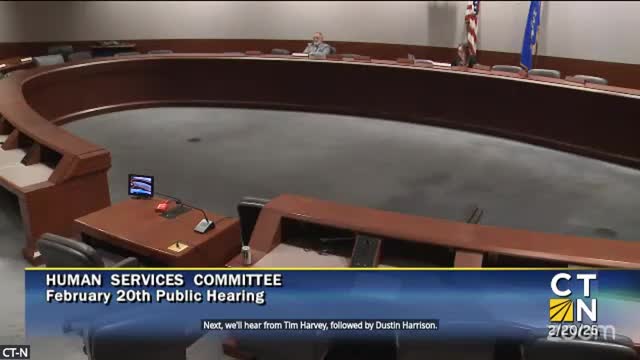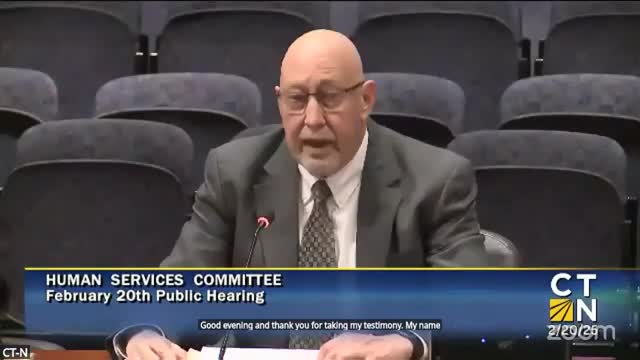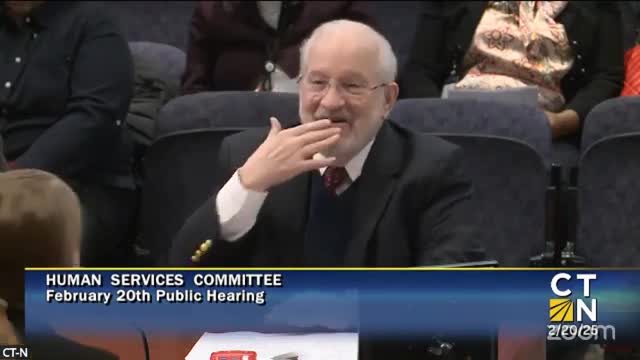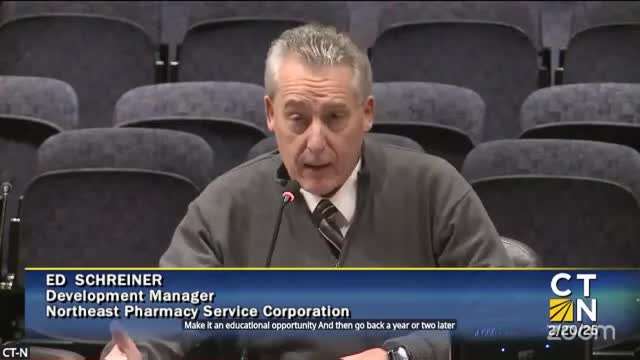Article not found
This article is no longer available. But don't worry—we've gathered other articles that discuss the same topic.

Independent pharmacists tell committee that Medicaid audit rules and extrapolation penalties threaten small pharmacies

Advocates press Human Services Committee to expand Medicaid dental benefits, remove $1,000 adult cap

Deaf community urges creation of State Interpreting Standards Board to address interpreter shortage

